Joe Roussos & Anandi Hattiangadi (Stockholm): “A Sceptical Puzzle for Bayesians”
Belief polarisation occurs when two agents’ posterior beliefs move farther away from one another with respect to the same proposition or set of propositions. Polarisation has traditionally been regarded as a failure of rationality, e.g., the result of cognitive biases influencing the belief states of at least one of the polarising agents. However, polarisation is increasingly recognised as a potentially rational phenomenon that can result from: different evidence, different levels of trust, different priors, and more. In the extreme, two perfect Bayesian agents can receive the same increasing and infinite stream of non-misleading evidence and yet polarise. We argue that this raises a sceptical puzzle for Bayesians, since it casts into doubt not only our confidence across the board, but the truth conduciveness of Conditionalization itself. In short: when two agents polarise with respect to a single proposition, one must move away from the truth, even if both are perfectly rational and confident in their assessment of the evidence. So if you are one such agent, you cannot tell ‘from the inside’ whether you are in the good case—converging on the truth—or the bad case—converging on the false. Moreover, now that you know that rational polarisation is possible, you possess higher-order evidence that your reasoning process may be epistemically faulty, even in the absence of another agent with polarised views. Whether you are in the good or bad case turns on facts about your priors that we may reasonably describe as a matter of luck. This should induce sceptical doubt.
Joe Roussos is a postdoctoral researcher at the Institute for Futures Studies, Stockholm, where he is a part of the Climate Ethics project.
Anandi Hattiangadi is Professor of Philosophy at Stockholm University. She specializes in the philosophy of mind and language, and has research interests in the philosophy of logic, the philosophy of psychology, epistemology, metaphysics, and metaethics.


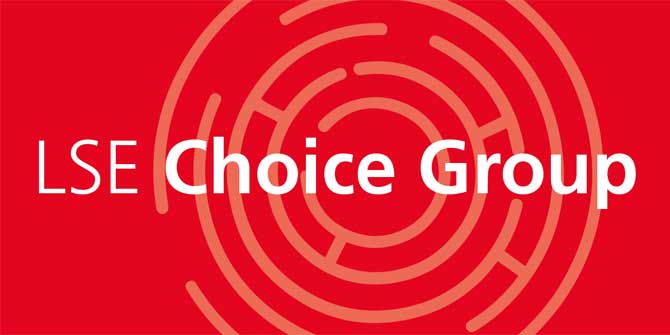
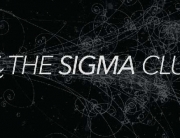
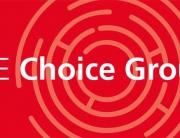
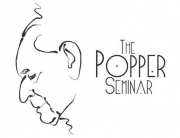

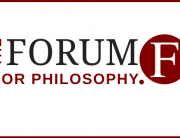
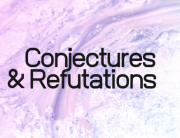




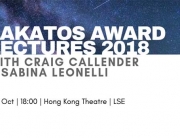


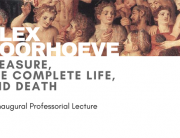
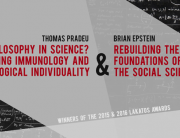
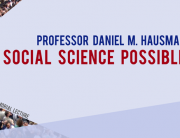
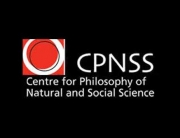


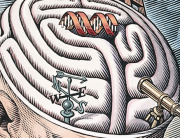
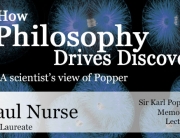
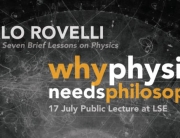

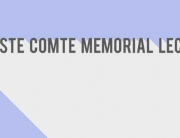
Connect with us
Facebook
Twitter
Youtube
Flickr